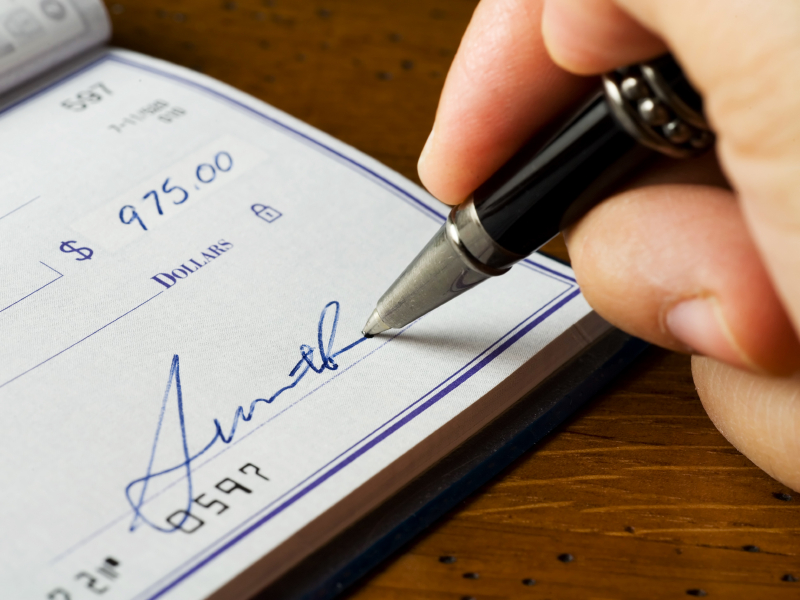In the U.S. alone, checks are used in the business sector for about half of all transactions, and this number is only increasing. With merchant fees on the rise, it’s understandable that the return to checks is the natural progression in the payment processing food chain. This phenomenon is also set to impact the consumer sector, and everyone should have a checkbook on hand to prepare for the coming shift in the business sector. Not convinced? Here are a few other reasons why checks still matter.
Increased Cyber Threats are Making Digital Payments Riskier
One of the top reasons why checks still matter is because of the rising threat of cybersecurity attacks through malware, the hacking of connected devices, third-party penetration, and overall cloud unpreparedness. This significant increase in data vulnerability is causing major obstacles in providing safe digital payment options, which in turn is increasing fees for businesses. Both businesses and individual consumers are finding it safer to pay by check versus risk exposure.
Checks Are Supporting Small Businesses
In a payment study conducted by the Federal Reserve, 14.5 billion checks were written in 2018, and this number is expected to grow. With 33 percent of adults in the U.S. falling victim to identity theft, avoiding online payments is beginning to trend, and small businesses are benefiting. Studies show that 27 percent of small businesses prefer to receive payments via check because it enables them to access cash without fees.
It Helps to Have a Check When Proving Your Case
The traceability element in check processing is a desirable component that helps to track large purchases and is helpful for businesses as well. In the case of a local independent mortgage broker who ran a successful company for more than half a century, paying by check saved his business from severe loss. “We were involved in a lawsuit which took almost ten years to win. If we hadn’t had proof of payments, specifically canceled checks, we would have lost the case and been out at least $350K.”
The problem with credit card companies is that statements are not often evergreen, and some banks only archive them online for up to six months, and charge research fees with little guarantee they’ll find what you need. According to this mortgage broker whose business was saved, listening to his wife and lawyer was one of the best decisions he ever made. “My dear bride (of 25 years so far) told me that whoever has the most paper wins the lawsuit. She’s right, and I always listen to my lawyer and my wife. When in doubt, write a check. You need to have a paper trail if things so south, and nowadays, they often do. Canceled checks prove that a transaction was made on such a date for precisely how much money, to whom, and for what. My wife calls this “evidence”, and as I say, she is a real lawyer and doesn’t fool around playing one on TV.”
Conclusion
Whether you’re giving a gift or putting a down payment on the house of your dreams, writing checks is necessary and will continue to remain relevant for quite some time. Checks can also be canceled if lost or stolen, and for a check to be cashed, it must pass through a clearinghouse, which provides another layer of protection and oversight. As the world changes, people will continue to change with it, and protecting your finances and future requires knowing when and how to use your checkbook with confidence.
—
Abigail Baker is a writer with Happy Writers, Co. in partnership with Checkworks, the best selling checks retailer for business and personal checks.
Article courtesy of Happy Writers.

